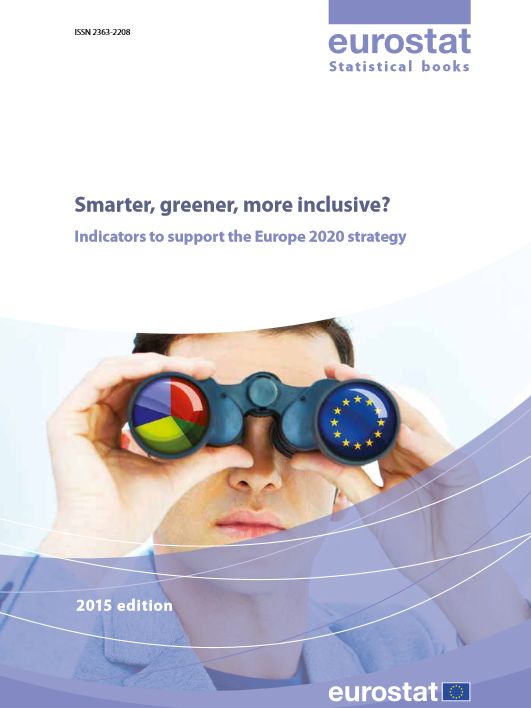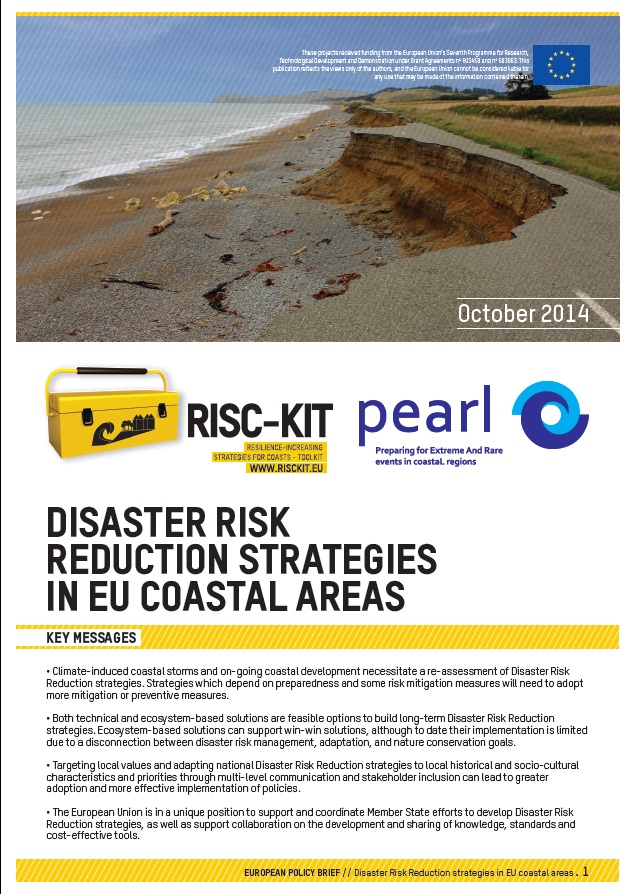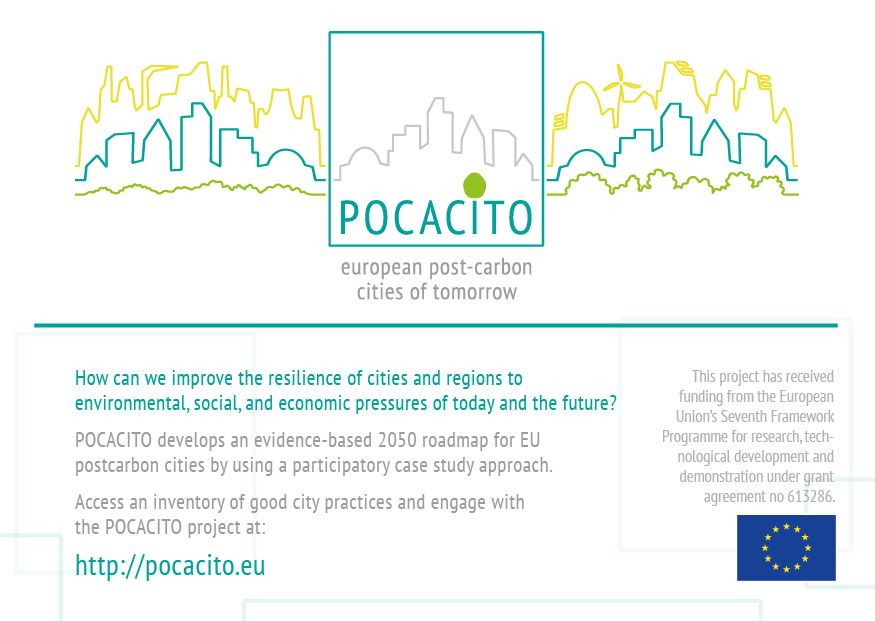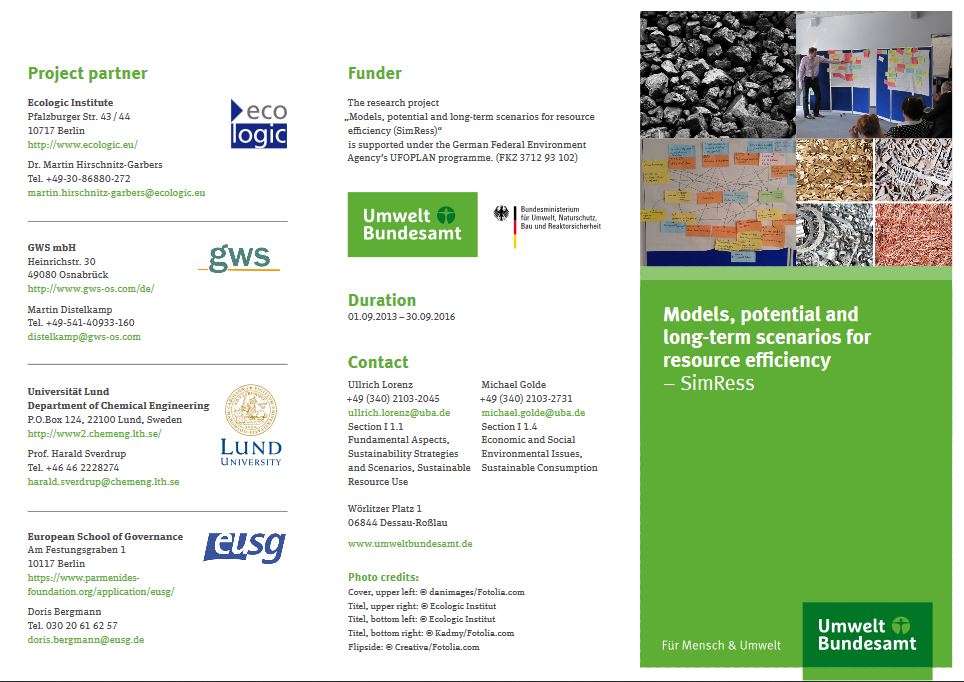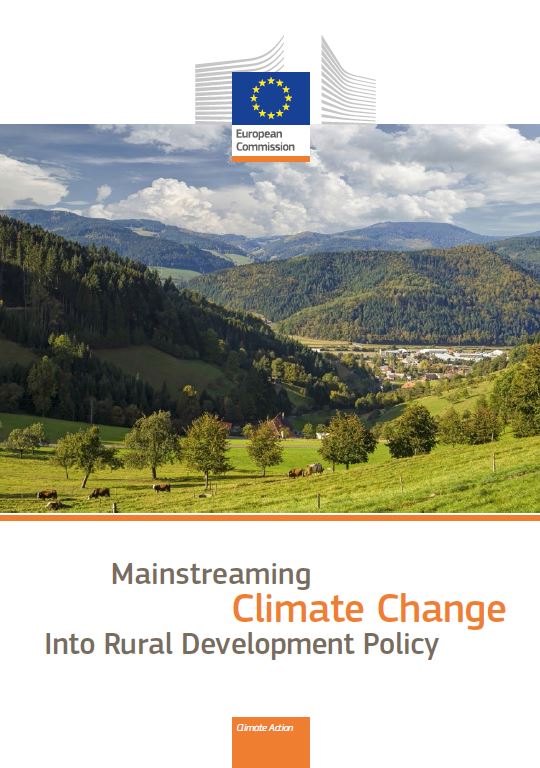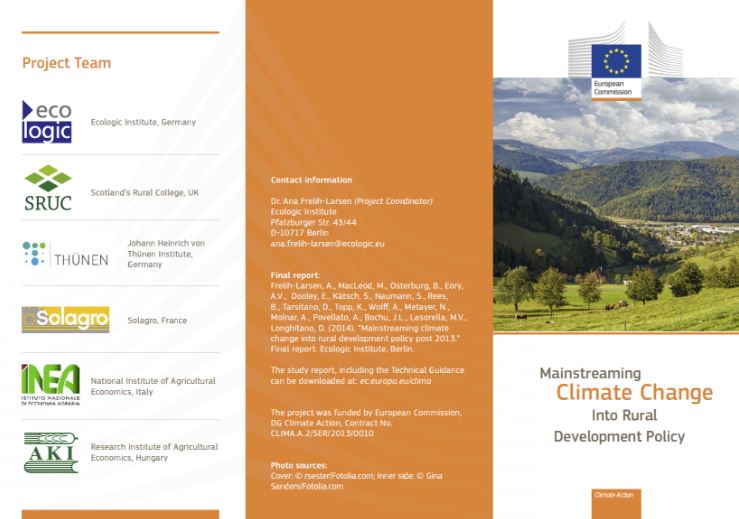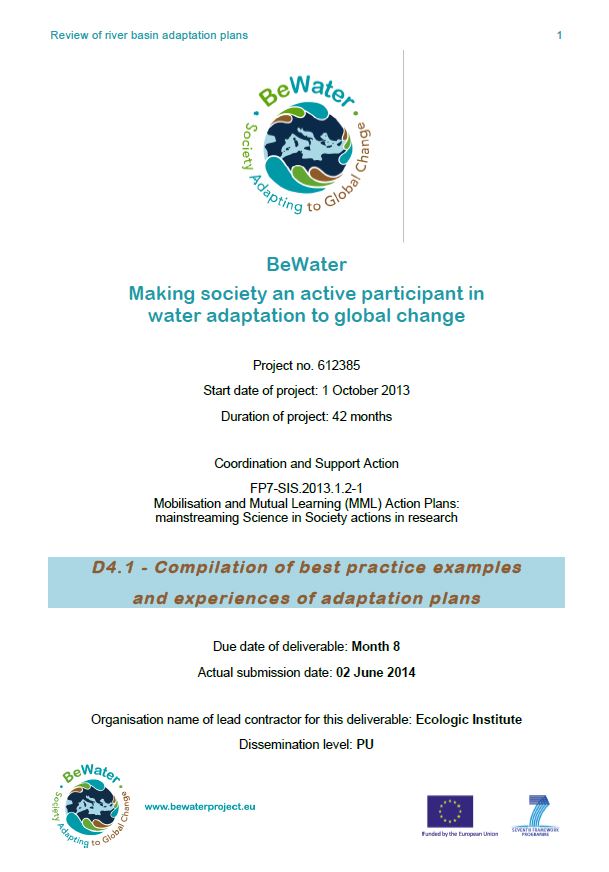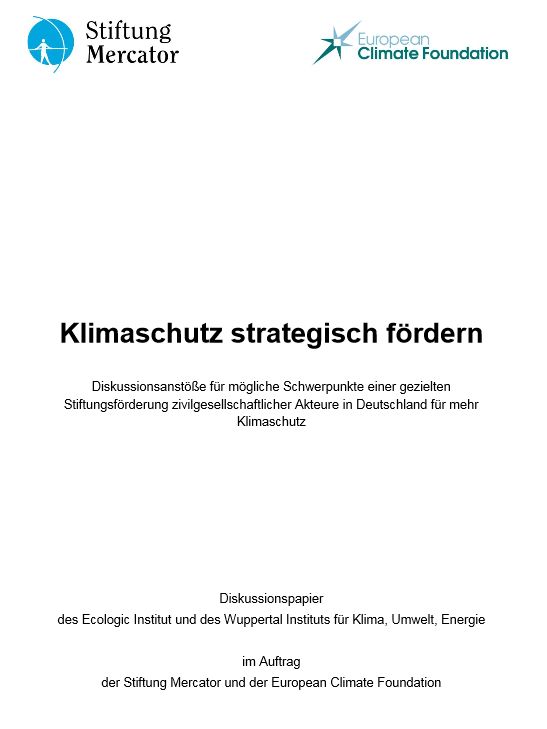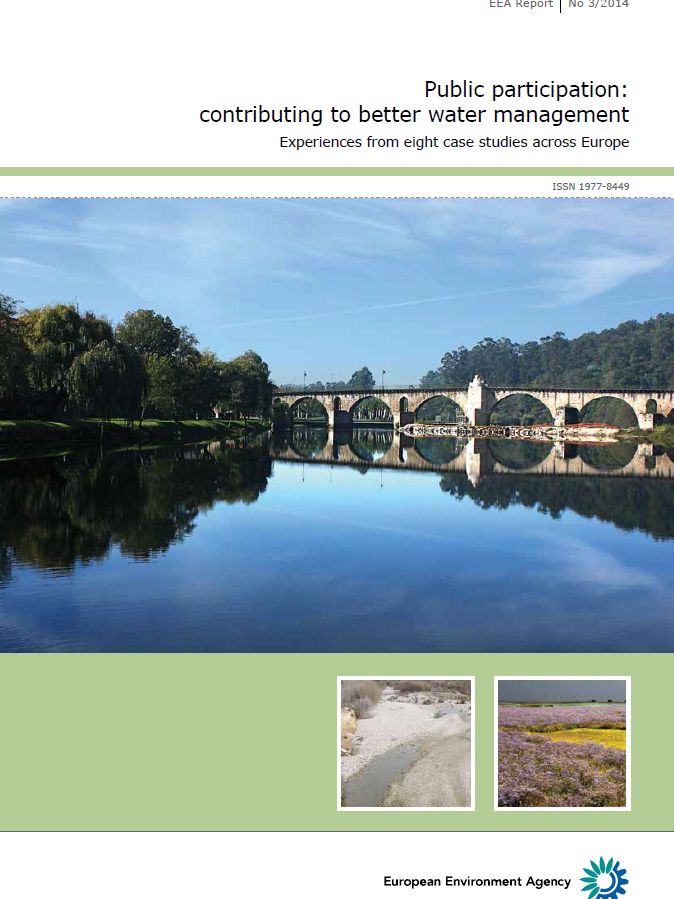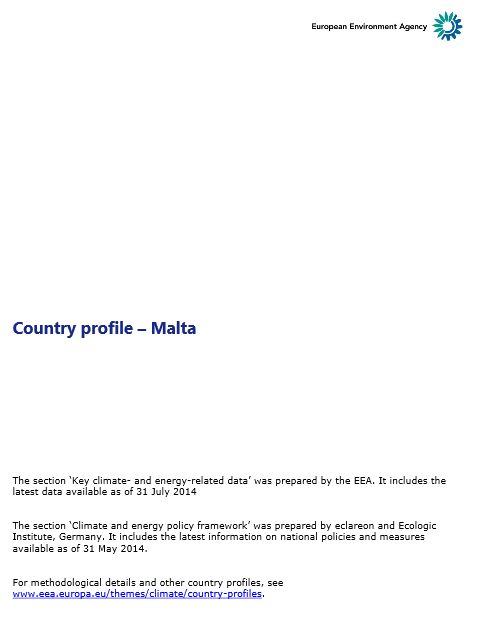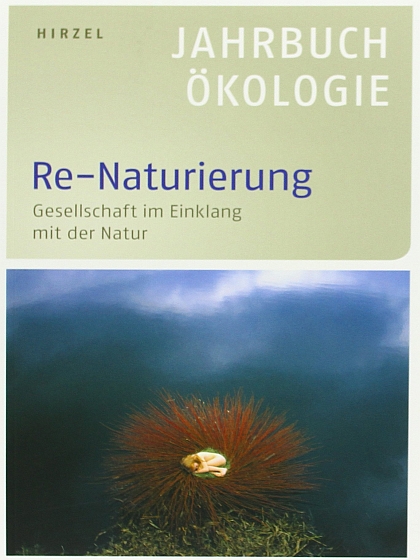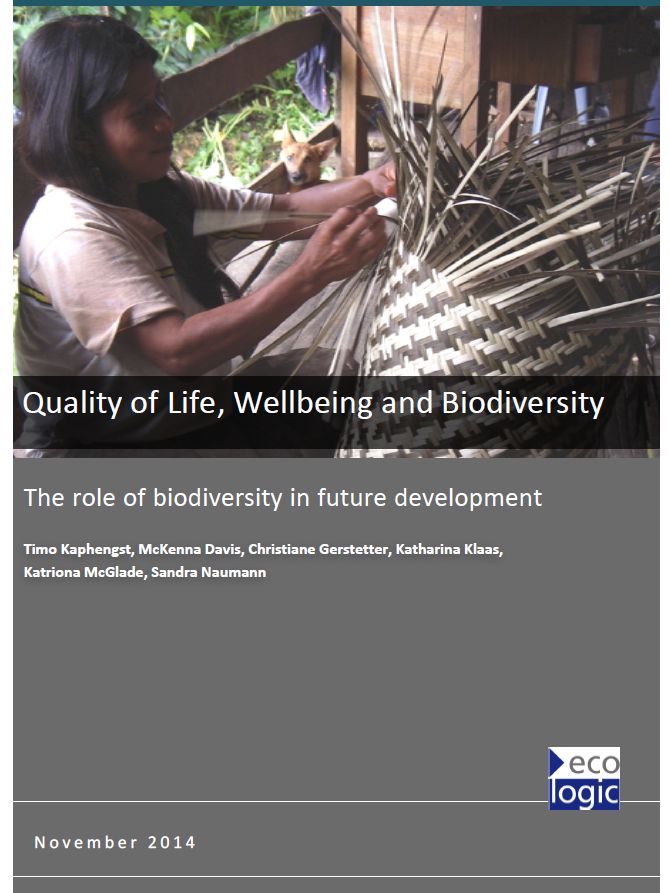Project
Publication:Book
Smarter, Greener, more Inclusive? – 2015
Indicators to support the Europe 2020 strategy
Year
Read morePresentation:Lecture
Publication:Policy Brief
Publication:Postcard
Publication:Flyer
Models, Potential and Long-term Scenarios for Resource Efficiency – Flyer
SimRess Project Flyer
Year
Read morePresentation:Chairing
Publication:Brochure
Publication:Flyer
Publication:Report
Publication:Document
Klimaschutz strategisch fördern
Diskussionsanstöße für mögliche Schwerpunkte einer gezielten Stiftungsförderung zivilgesellschaftlicher Akteure in Deutschland für mehr Klimaschutz
Year
Read morePublication:Report
Public Participation: Contributing to Better Water Management
Experiences from eight case studies across Europe
Year
Read morePublication:Case Study
Publication:Book Section
Publication:Report
Quality of Life, Wellbeing and Biodiversity
The Role of Biodiversity in Future Development
Year
Read more